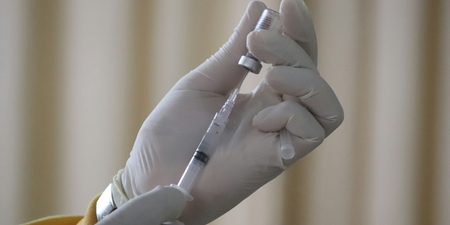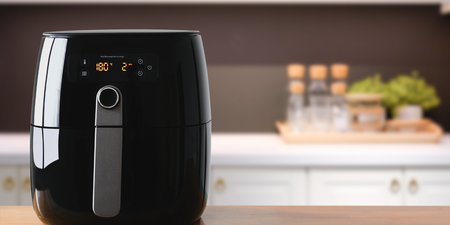Women are more likely to develop autoimmune diseases
Being referred to as a ‘nice person’ is a reassuring source of pride for our ego.
For parents, raising a child who grows up and becomes a nice person is also high on the list of parenting goals.
While it’s one of the greatest compliments to get, is there such a thing as being too nice? And when does it begin to have more risk than reward?
According to Dr Gabor Mate, ‘very nice people’ are more likely to get sick with autoimmune diseases — when the body attacks itself instead of protecting itself.
Millions of people worldwide suffer from this category of illness in the form of lupus, rheumatoid arthritis and thyroid disease.
In the How To Fail podcast, the health expert explained that selfless personality traits can put you at a higher risk of autoimmune diseases when they’re not authentic.
He also warned that women are more likely to be affected, as they tend to repress their anger and are expected to be agreeable, and they make up four-fifths of autoimmune diseases.
Dr Mate says that going along with a ‘socially determined role’ of prioritising others before ourselves and pushing down anger can lead to us generating stress unconsciously.
Over time, this mounting subdued stress can ‘invite’ illnesses into the body, stressing the importance of feeling your feelings — healthily, of course.
While society may take issue with feelings of anger or sadness, suppressing them and displaying ‘nice qualities’ instead can wreak havoc on our health.
“There are certain inescapable patterns in the people that got sick with chronic illness,” the health expert warns.
“The patterns included the repression of healthy anger. These are very nice people.
“They are always giving, always there for everybody except themselves. Certain personality traits were putting people at risk of chronic illness.”
He listed the ‘nice qualities’ that people may be displaying that inadvertently put themselves in harms way.
“Others were putting people’s emotional needs ahead of themselves, repressing healthy anger, and had the belief they were responsible for other people’s feelings, never disappointing anybody. These patterns lead to illness.
“When you identify with your socially determined role and responsibilities rather than the needs of the self, you are creating stress for yourself. These patterns are not conscious, deliberate, culpable. They’re trauma responses,” Dr Mate continues.
Next time you feel healthy and justified anger or sadness, feel your feelings and talk it out. Your body will thank you.
READ MORE:
- Can we do away with ‘So Happy The News Is Out’ culture, please?
- ‘I tried the viral makeup hack for crease-free under-eyes and it worked wonders’
- More than skin deep: Clearing my acne is boosting my self-worth again
- The importance of skin care routine order – how to apply your products effectively



















































